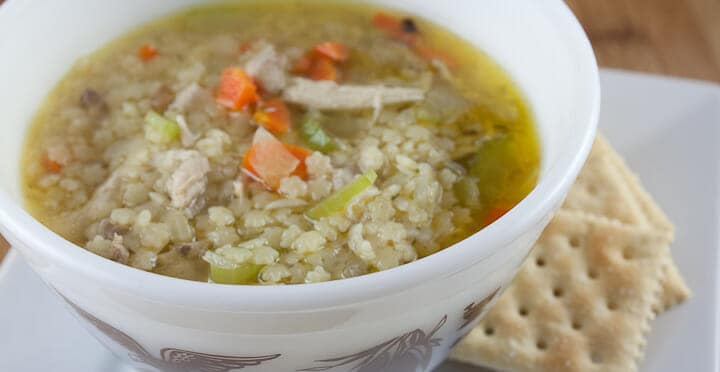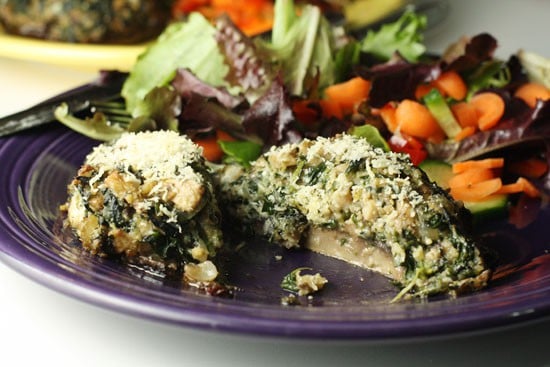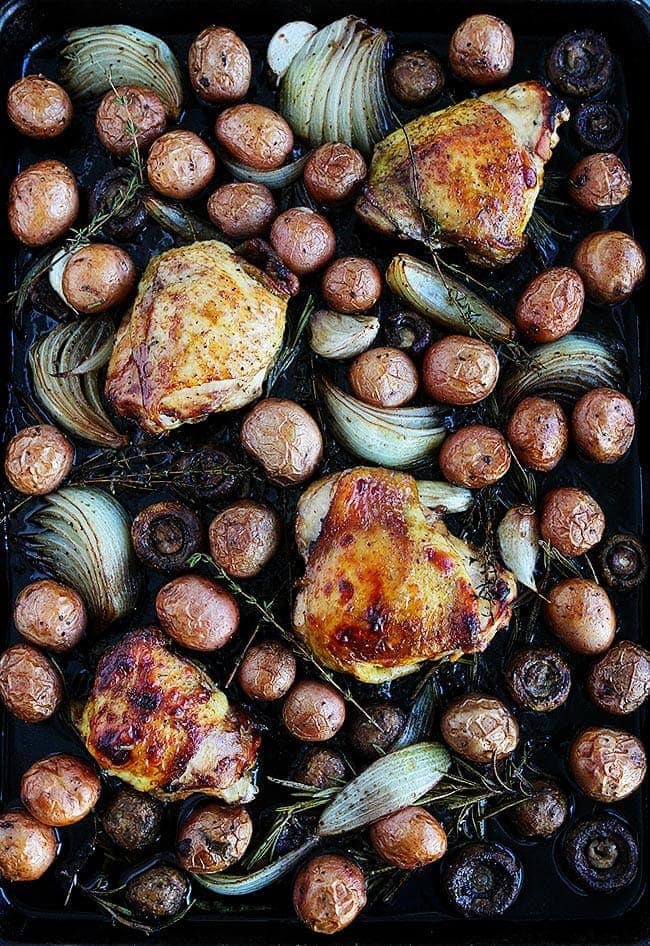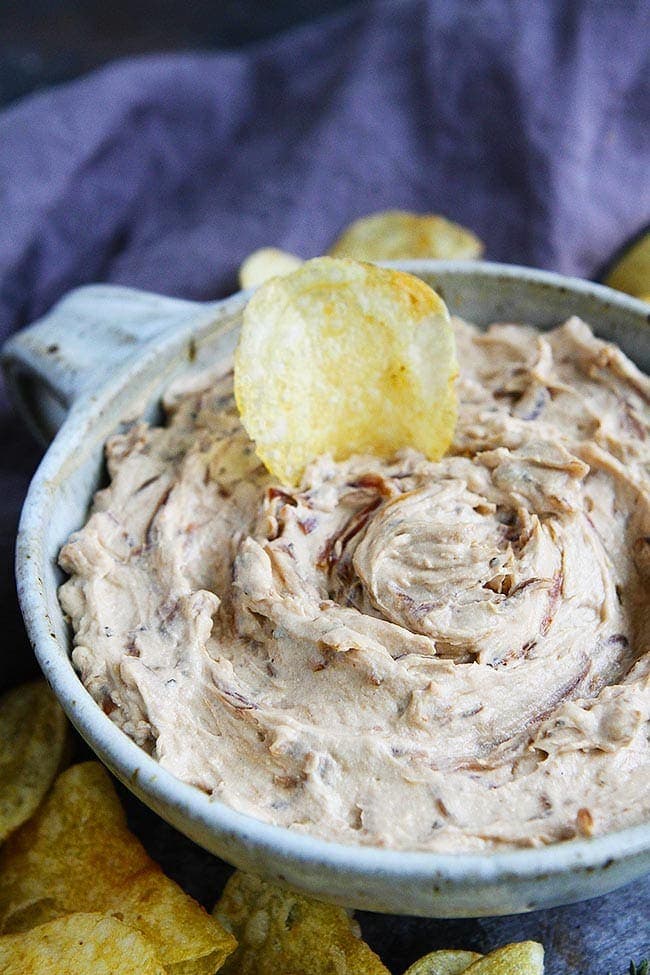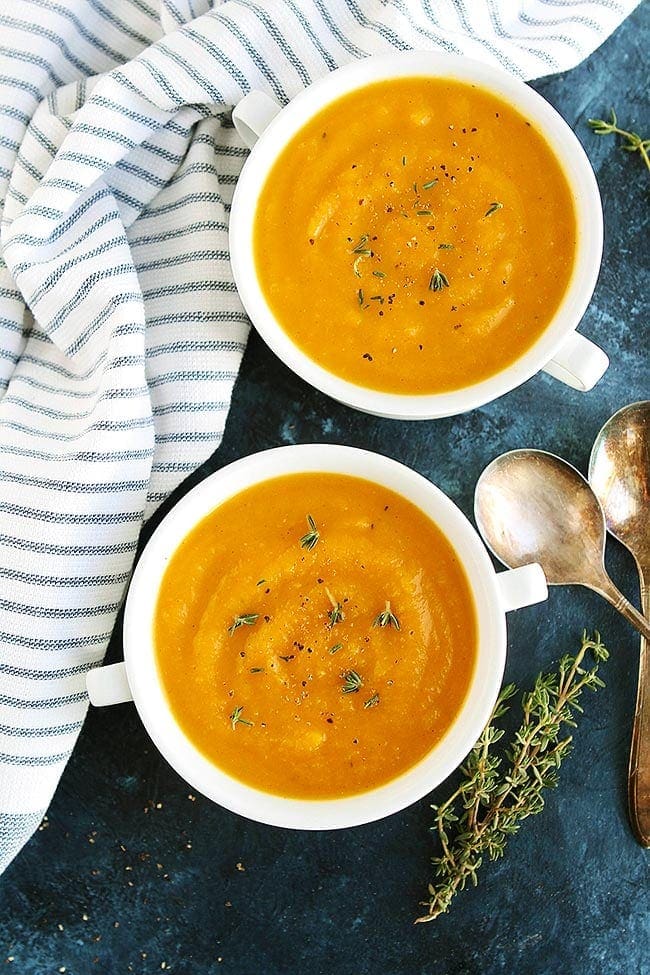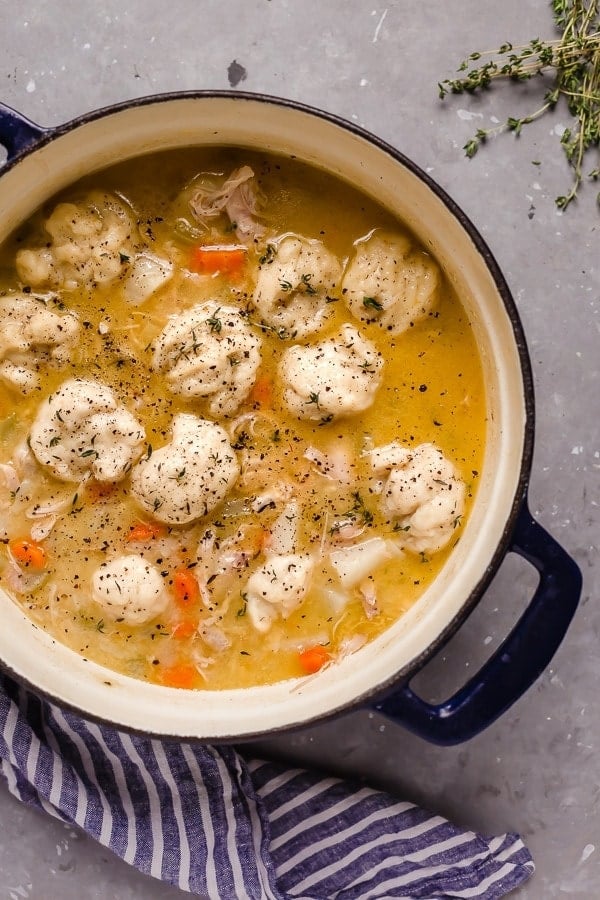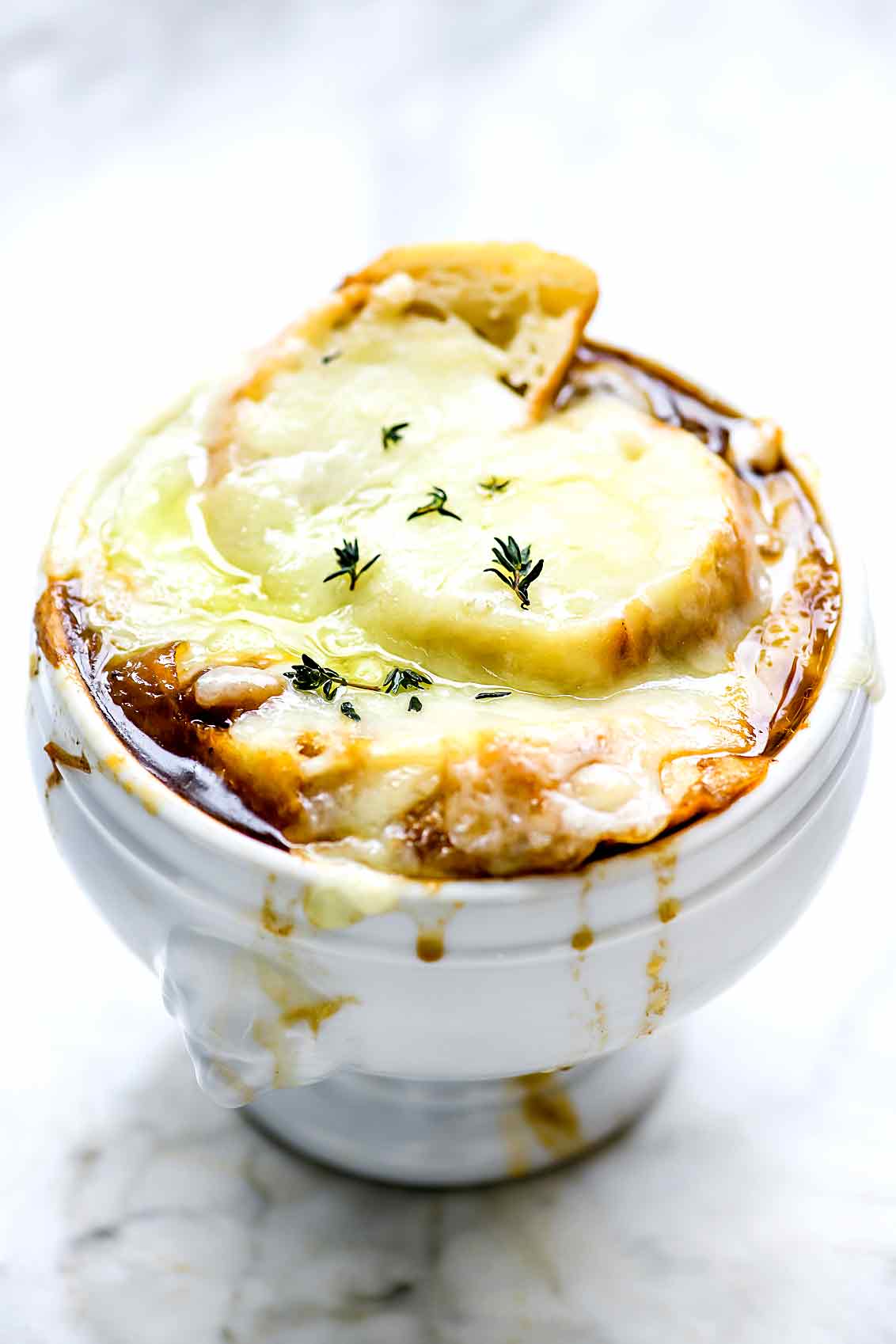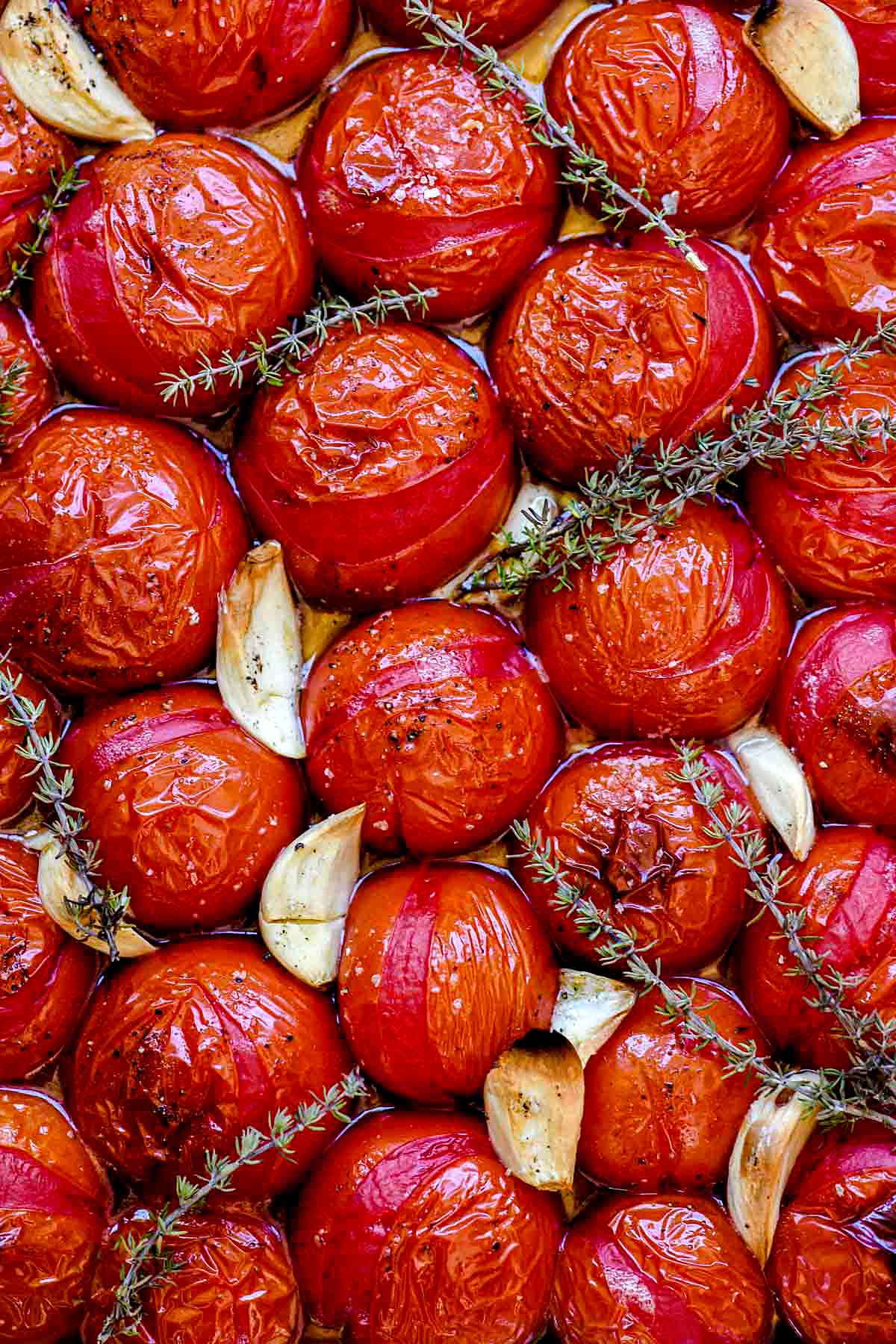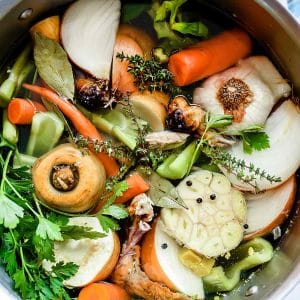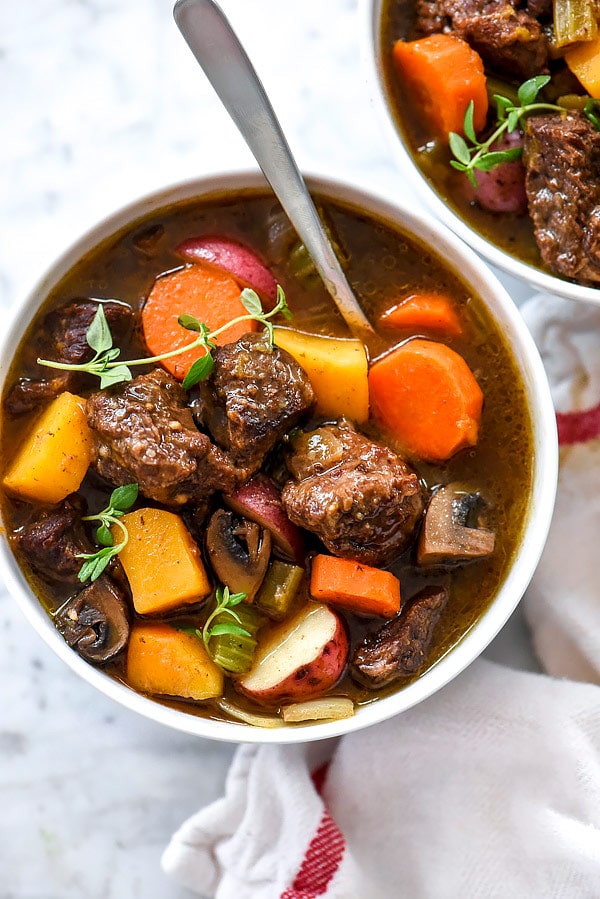Thyme: Important Facts, Health Benefits, and Recipes
Thyme is a fragrant and versatile herb with many culinary and medicinal uses, known for its potential health benefits.
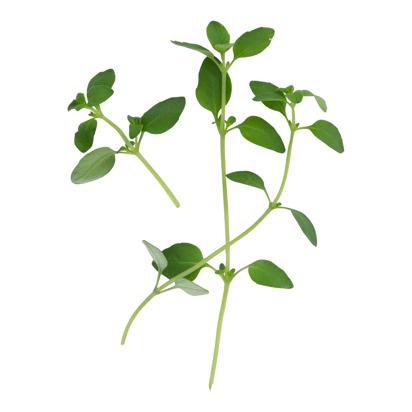
Best Thyme Recipes
-

-
:max_bytes(150000):strip_icc()/__opt__aboutcom__coeus__resources__content_migration__serious_eats__seriouseats.com__recipes__images__2015__01__20150123-potato-chip-flavors-vicky-wasik-19-5d108e8c520c4c44bb3d459866fca148.jpg)
-
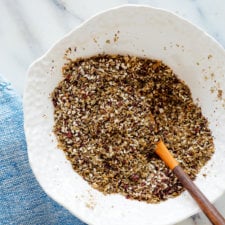
-
:max_bytes(150000):strip_icc()/__opt__aboutcom__coeus__resources__content_migration__serious_eats__seriouseats.com__2019__06__20190529-smashed-sunchokes-vicky-wasik-10-6ac7010efc6547df8bafefbfac270c53.jpg)
-

-

-

-
:max_bytes(150000):strip_icc()/__opt__aboutcom__coeus__resources__content_migration__serious_eats__seriouseats.com__recipes__images__2013__04__2013-04-07-246718-preserved-apple-blackberry-thyme-jam-primary-a6d7cb5141a344f293b780c4351b3277.jpg)
-
![Popcorn with Garlic, Thyme and Black Pepper Image]()
-
![Pear, Thyme and Blue Cheese Dipper Crostini Image]()
-
![Fresh Cantaloupe and Honeydew Salad With Lemon and Thyme Recipe Image]()
-
![Za'atar Roasted Cauliflower with Dates, Pine Nuts and Thyme Image]()
-
![Herbes de Provence Skillet Chicken {Freezer Meal!} Image]()
-
![Pork Tinga Tostadas Image]()
-
![Zuni Roasted Chicken with Bread Salad Image]()
-
![One Pot Chorizo Yam Stew Image]()
-
![Chicken and Stars Soup Image]()
-
![Summer Vegetable Carbonara Image]()
-
![Red Snapper in Salt Image]()
-
![Stuffed Portobellos Image]()
-
![Sheet Pan Balsamic Chicken Image]()
-
![Caramelized Onion Dip Image]()
-
![Easy Butternut Squash Soup Image]()
-
![Chicken and Dumplings Image]()
-
![Easy Chicken and Rice Soup Recipe Image]()
-
![Chicken Gnocchi Soup Image]()
-
![Crockpot Corned Beef and Cabbage (or Instant Pot) Image]()
-
![The Best French Onion Soup Image]()
-
![Tomato Basil Soup Image]()
-
![THE BEST Quick Roasted Tomatoes Image]()
-
![How to Cook THE BEST Roast Turkey Breast Image]()
-
![How to Make the Best Chicken Stock Image]()
-
![How to Make Caramelized Onions Image]()
-
![Cast-Iron Skillet Whole Roasted Chicken With Potatoes Image]()
-
![French Onion Grilled Cheese Sandwich Image]()
-
![Beef Stew with Butternut Squash (Instant Pot, Crock Pot or Stove Top) Image]()
-
![Slow Cooker Chicken Cacciatore Image]()
-
![Turkey Pot Pie Soup Image]()
-
![Rotisserie Herb Butter Turkey Image]()
-
![Baked Zucchini Parmesan Crisps Image]()
-
![Zucchini and Chorizo Cheese Toast Image]()
-
![Slow Cooker Tuscan White Bean Soup with Sausage Image]()
-
![Heirloom Tomato, Zucchini, Caramelized Onion and Feta Galette Image]()
-
![One-Pot Skinny Pasta Primavera Image]()
-
![Sweet Potato and Caramelized Onion Pizza Image]()
-
![Roasted Mushroom Beef Stroganoff Image]()
-
![Ginger Carrot Soup Image]()
-
![Chicken Pot Pie Pizza Image]()




:max_bytes(150000):strip_icc()/__opt__aboutcom__coeus__resources__content_migration__serious_eats__seriouseats.com__recipes__images__2017__07__20170629-melon-thyme-salad-vicky-wasik-1-3-c2cbf0047c30402cb57c4ca0eccff5b0.jpg)

:max_bytes(150000):strip_icc()/__opt__aboutcom__coeus__resources__content_migration__simply_recipes__uploads__2019__02__Skillet-Chicken-Herbes-LEAD-1-29917cbdea0f415bb2e360e04d63606d.jpg)



